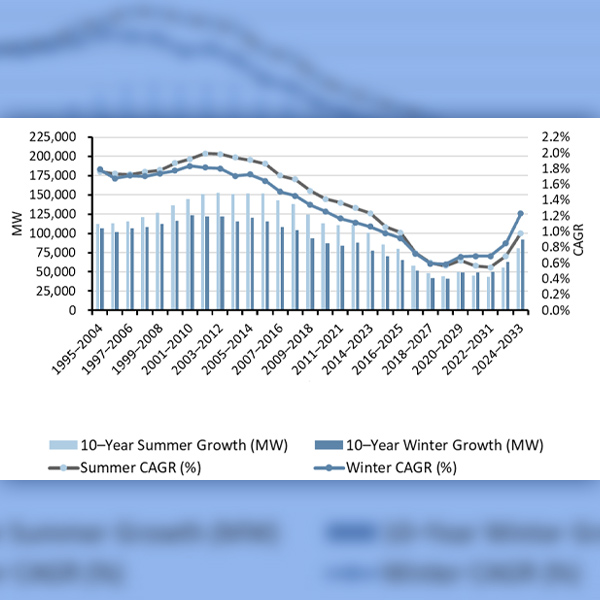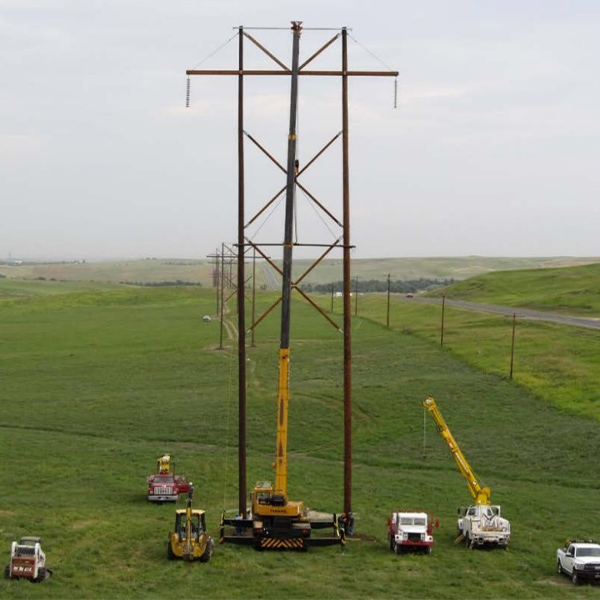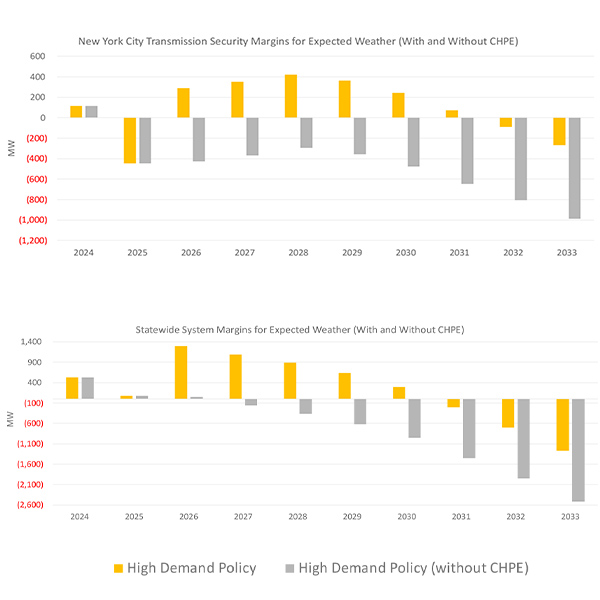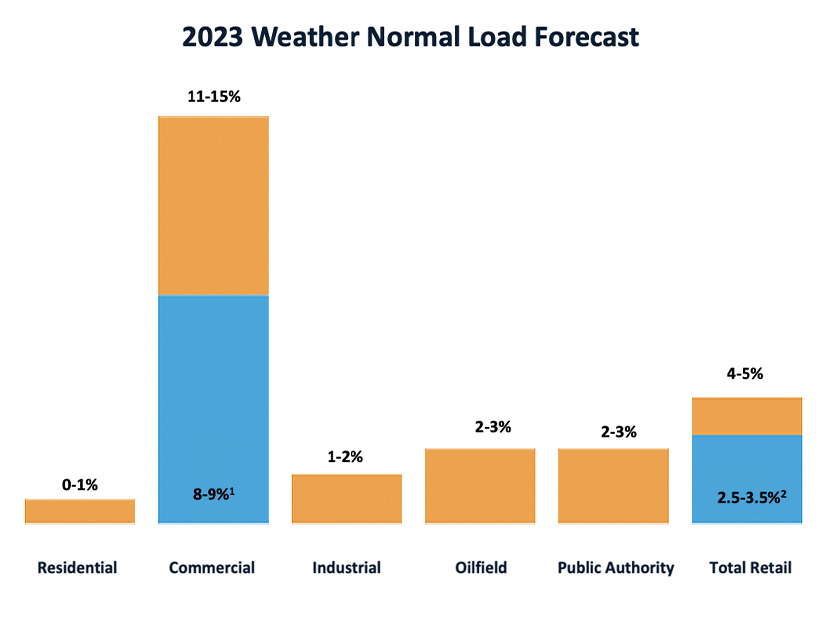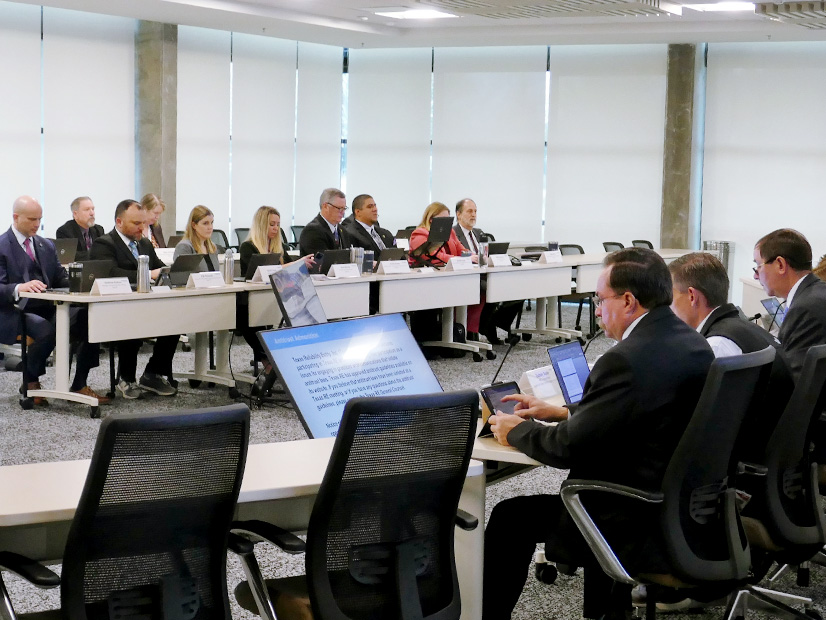cryptocurrency mining
CERAWeek 2024 by S&P Global was supposed to explore “strategies for a multidimensional, multispeed and multifuel energy transition.” Instead, the buzz was all about data centers and artificial intelligence.
The Washington Post’s warning that “America is running out of power” lacks context and distracts us from the real work at hand, says columnist Steve Huntoon.
MISO has registered a separate complaint with FERC to retract market-to-market coordination with SPP on a contentious flowgate persistently taxed by a North Dakota cryptocurrency mining operation.
SERC said in its Long-Term Reliability Assessment that continued active collaboration with registered entities and other stakeholders is needed to address growing reliability concerns.
Parag Mitra of EPRI warned that the growth of data centers and cryptocurrency mining has created new risks for system modelers.
NYISO did not identify any new near-term reliability issues in its third-quarter STAR, but it does anticipate significant load increases in western and central New York that could warrant more attention.
OGE Energy released its fourth-quarter earnings, which showed continued load growth in its footprint in Oklahoma and Arkansas.
A self-described cryptocurrency skeptic turned advocate says bitcoin mining could provide the answer to the ERCOT market’s volatility.
Environmental groups appealed the New York Public Service Commission’s approval of a cryptocurrency miner’s purchase of a gas-fired power plant.
FERC granted a cryptocurrency mining company approval to buy a 60-MW gas-fired power plant near Buffalo, N.Y., where it has been running some of its operations.
Want more? Advanced Search

